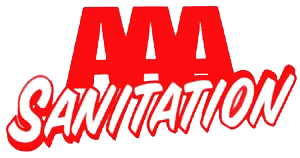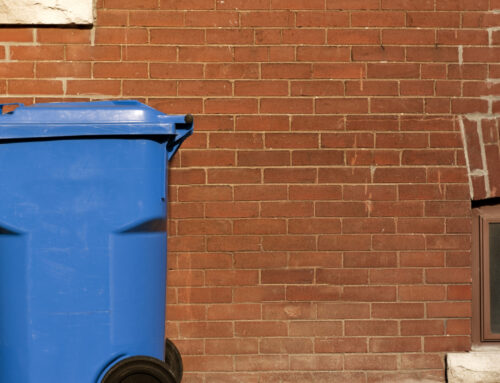
From preventing the spread of infectious diseases to ensuring clean environments for all individuals, sanitation plays a crucial role in safeguarding the well-being of communities around the globe. This blog looks into the various aspects of sanitation services, highlighting their significance and impact on public health outcomes.
By understanding the essential role that proper sanitation practices play in promoting overall health and safety, we can work towards creating healthier, more resilient societies for generations to come. Join us as we explore how sanitation services serve as a cornerstone in maintaining public health and what steps can be taken to ensure their implementation for maximum effectiveness.
What are Sanitation Services?
Sanitation services refer to the processes and systems designed to manage waste and maintain cleanliness to ensure public health and hygiene. These services encompass various activities, including:
Waste Collection and Disposal: Regular collection of household, commercial, and industrial waste, and its proper disposal in landfills, incinerators, or recycling facilities.
Recycling Programs: Collection, sorting, and processing of recyclable materials such as paper, plastic, glass, and metals to reduce the amount of waste going to landfills and promote environmental sustainability.
Sewage and Wastewater Treatment: Management and treatment of sewage and wastewater to remove contaminants before releasing treated water back into the environment. This includes the maintenance of sewer systems and treatment plants.
Street Cleaning: Regular cleaning of streets, sidewalks, and public spaces to remove litter, debris, and other waste materials, ensuring clean and safe urban environments.
Hazardous Waste Management: Safe collection, transportation, and disposal of hazardous waste materials, such as chemicals, batteries, and electronic waste, to prevent environmental contamination and health risks.
Pest Control: Measures to control pests that can spread diseases and cause health problems, such as rodents and insects.
These services are typically provided by local governments, private companies, or a combination of both, and are essential for maintaining public health, environmental quality, and overall quality of life in communities.
The Impact of Sanitation Services on Disease Prevention
- Improved sanitation services play a crucial role in preventing the spread of diseases such as cholera, typhoid, and diarrhea.
- Proper waste disposal, clean water sources, and hygiene practices are essential components of effective sanitation services.
- A lack of access to adequate sanitation facilities can lead to contamination of drinking water and the rapid transmission of infectious diseases within communities.
Investing in robust sanitation services not only improves public health outcomes but also helps prevent disease outbreaks. By ensuring access to clean water, proper waste management systems, and promoting good hygiene practices, communities can significantly reduce the risk of illness and improve overall well-being.
The Role of Garbage Collection Companies in Maintaining Sanitation Standards
Garbage pickup companies play a crucial role in maintaining sanitation standards by ensuring the efficient and timely collection, transportation, and disposal of waste. They help prevent the accumulation of waste in residential, commercial, and industrial areas, which can lead to unsanitary conditions and health hazards. By managing waste effectively, these companies reduce the spread of diseases and pests, contributing to a healthier environment.
They also ensure that waste is disposed of in compliance with local regulations and environmental standards, minimizing the risk of pollution and protecting natural resources. Through regular waste collection and proper disposal practices, garbage disposal companies uphold cleanliness and public health in communities.
Waste Management Solutions for Sanitation Practices
Proper waste management is essential in maintaining public health by preventing the spread of diseases and protecting the environment.
Implementing recycling programs, composting organic waste, and utilizing landfills responsibly are all key components of effective waste management solutions.
Regular collection and disposal of garbage, sewage treatment plants, and enforcing regulations on hazardous waste are crucial steps in ensuring sanitation practices are upheld.
In addition to these measures, education plays a vital role in promoting responsible waste disposal habits among communities. By raising awareness about the importance of sanitation services and providing guidance on proper waste management techniques, individuals can actively contribute to maintaining a clean and healthy environment for themselves and future generations. Ultimately, successful sanitation practices rely on collaboration between government agencies, private organizations, and community members working together towards a common goal of improving public health through effective waste management strategies.
Contact AAA Sanitation to Help Keep Athens, GA Clean
AAA Sanitation offers quality garbage pickup services from a family-based company. We started two decades ago on the foundation of providing excellent customer service to the Athens Area. We have a fleet of low emission trucks ready to pick up bulky items, trash and single stream recycling. If you live in or around the Athens area, contact us for the best trash pickup and recycling. We look forward to hearing from you!
AAA Sanitation & Garbage Removal
79 Business Dr Ste A
Hull, GA 30646
(706) 543-7788






Leave A Comment